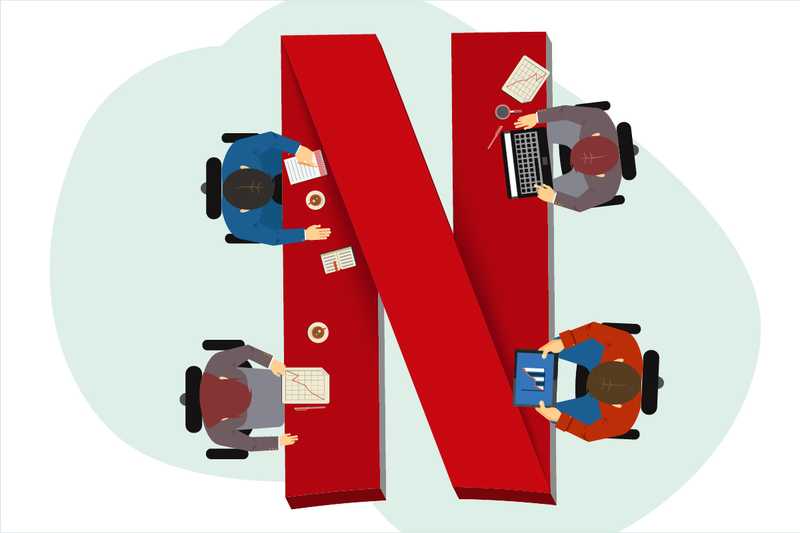One of the counterintuitive things about the tech industry is that you don’t necessarily need to know how to code in order to land a high-paying job. No sector exemplifies this quite like data science. In fact, some data scientists do their jobs with little to no coding.
But the number of data scientists that do code far outweighs those who don’t, R and Python being two of the most commonly used languages. So if you’re looking to jumpstart your career in data science, then you may be wondering—do I need to know how to code?
To answer that question, we’ve compiled this guide. Below, we’ll tell you all about no-code data science roles, and the benefits of learning how to code if you’re a data scientist.
Does Data Science Require Coding?
Traditionally, data science roles do require coding skills, and most experienced data scientists working today still code. However, the data science landscape continues to change, and technologies now exist that allow people to complete entire data projects without typing code.
Arguably, the purpose of these technologies is not to remove coding from a data scientist’s skill set, but to make basic data analysis accessible for others in less technical roles. When these technologies are used as intended, data scientists continue to use code for more complex and bespoke solutions.
Popular Data Science Programming Languages
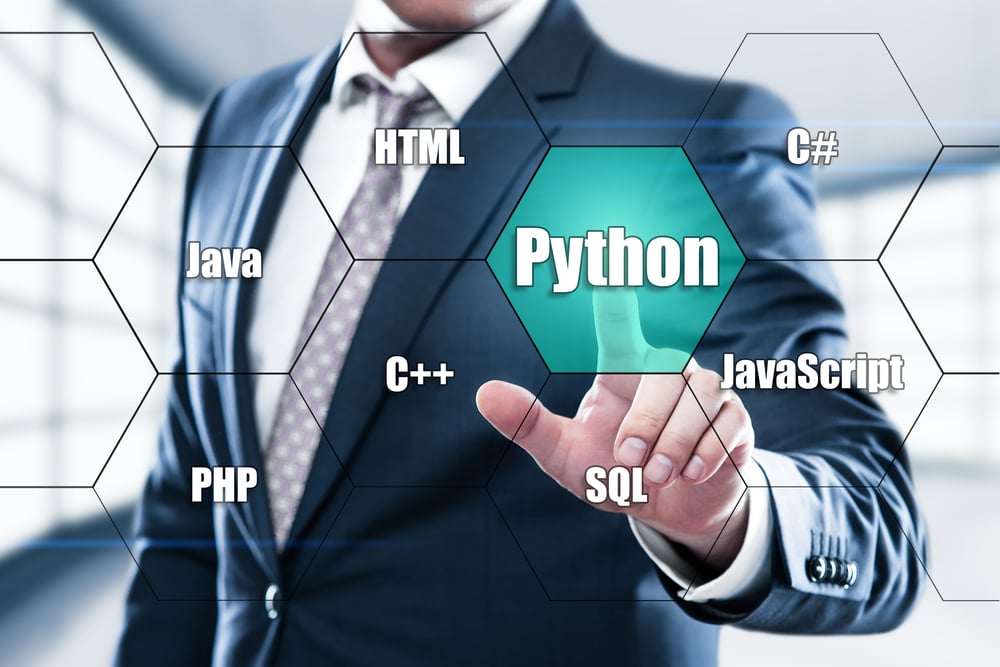
There are a number of popular programming languages in the data science community for different purposes.
Python
Python is the most widely used programming language in data science. It’s used to engineer data, perform machine learning algorithms, and even create data visualizations. Python has a vast amount of data science libraries, like Pandas for manipulating databases, or Matplotlib for generating data visualizations.
R
Unlike Python, which is also used in many areas other than data science, the R programming language was created specifically for data science purposes. It’s commonly used for machine learning and statistical analysis, plus data manipulation and visualization.
SQL
Structured Query Language (SQL) is a domain-specific language for interacting with databases. Most who learn SQL start with Python or R first. SQL has a very simple syntax and is considered easy to learn compared to other languages.
JavaScript
Javascript is a very popular scripting language and very easy to learn. It’s not traditionally a data science language, but some in the community have started using it in recent years. It doesn’t yet have the robust set of data science libraries that Python and R do, but many believe it has potential.
Related Read: 12 Best JavaScript Courses To Boost Your Skills
Learning Coding for Data Science
There are lots of ways to learn coding for data science, with free, independent options and paid classes.
What Programming Language Should I Learn First?
It’s most common to choose between either Python or R as your first data science programming language. If you come from a certain background with other software engineering experience, you may find one more intuitive than the other. But for most beginners, there isn’t much reason to choose one or the other.
Many people would argue that making the choice and getting started is the important part, and which language you go for doesn’t matter. That said, Python is currently more popular, so if you want to use the most popular language, choose Python.
Where Can You Learn Coding for Data Science?
Learning to code can involve attending a school, completing a course, or creating your own self-study curriculum.
Dedicated Coding Education Websites
Starting your coding education can be as easy as clicking on a website and starting “Lesson 1.”
W3Schools
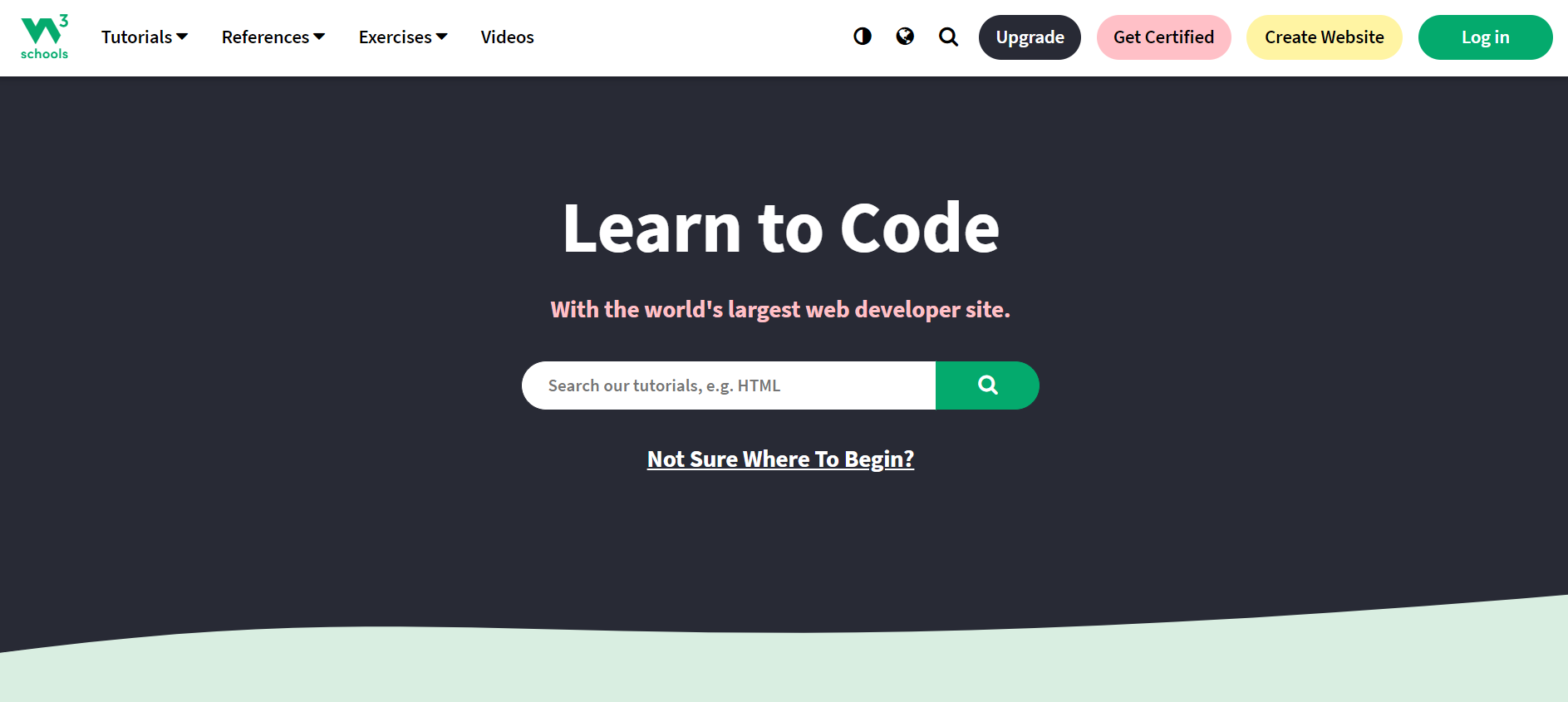
W3Schools is a completely free coding website with courses on every programming language you can think of, plus a selection of popular libraries. You can learn R, Python, SQL, and Java all on their site.
Codecademy
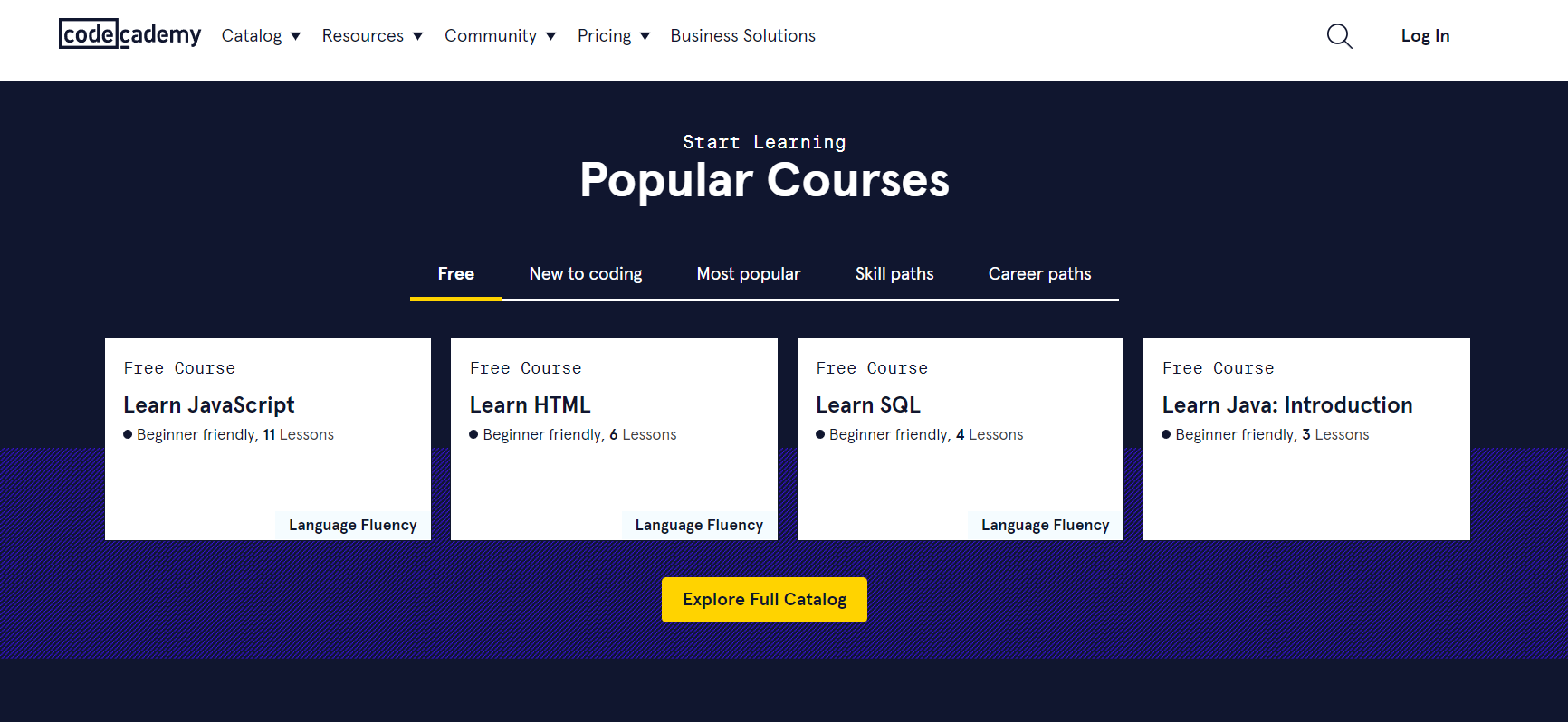
Codecademy is also free and includes courses on Python, R, SQL, and Javascript. It also has special sections focusing on data science and machine learning.
Bootcamps
The best data science bootcamps are intensive courses taken either online or onsite that often aim to take beginner-level learners and produce job-ready graduates. With online communities, mentor programs, and hands-on projects, you can enroll in Springboard’s Data Science Bootcamp and graduate in just six months.
Online Courses
Online courses are typically an independent type of study, consisting of structured resources and quizzes to help you progress through a topic. You can find hundreds of programming courses for all purposes and levels on sites like Coursera, and some courses will provide a data science certification upon completion.
Online Communities
Online communities such as Reddit, Discord, Slack, and independent forums are all great tools to complement your learning journey.
Kaggle
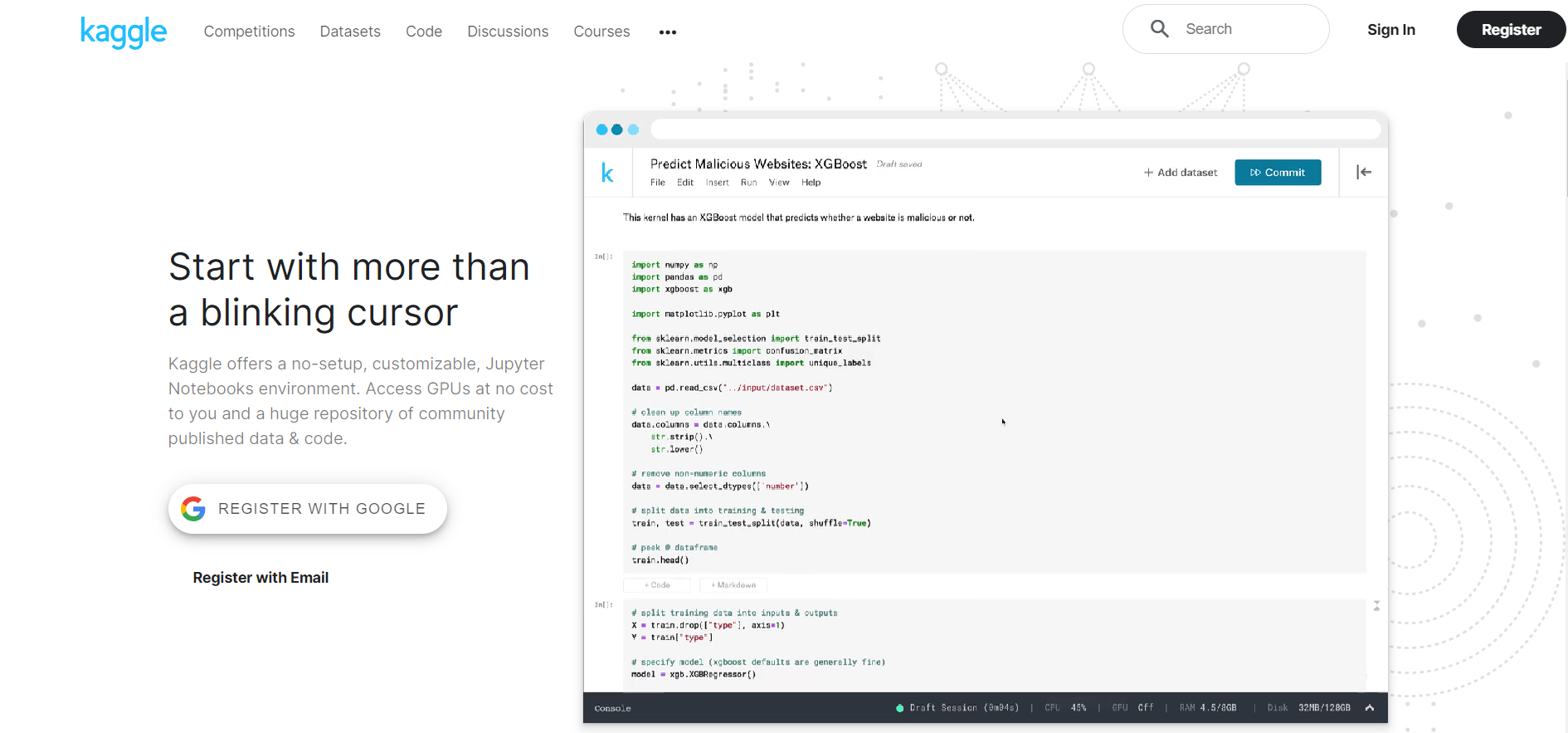
Kaggle is a large online community where data scientists and machine learning practitioners share data sets and projects, work together, and compete against each other.
Coding Challenges and Hackathons
While you’re studying, coding challenges and hackathons can give you a chance to put your skills to the test and socialize with other programmers as you do. The Advent of Code is a popular yearly coding challenge suitable for both senior and junior programmers.
Tips for Non-Programmers Learning Data Science

If programming isn’t something you’re interested in pursuing, but you really want to work in data science, then we recommend developing some of the following skills.
Learn to Use GUI-based Tools
Graphical User Interface (GUI) tools employ pre-written programs so that you don’t have to write code. They are the primary tools used by non-programmer data scientists, and give you the ability to prototype, test, and deploy advanced analytics and statistical models.
Two popular low-code tools are KNIME and RapidMiner. They are also different types of visualization software like Google Charts and Tableau.
Become a Great Storyteller
As a data scientist, it’s your job to do the work to understand what our data is telling us, for the purpose of communicating it to others. This means you need to combine storytelling, presentation, and persuasion skills to explain your uncovered insights and convince business decision-makers to act on them. You don’t need to know how to code to do that.
Build Your Credibility With Business Acumen
Finding the right insights to share requires in-depth knowledge of the company and industry you’re working in. This means knowing the goals and principles of the company and understanding the stakeholders’ motivations.
Get a Foundational Knowledge in Programming
Even with the no-code tools available, most well-paid data scientists make use of their programming skills. While you can enter the data science industry without knowing how to code, you should consider picking it up as a skillset along the way to advance your career.
What Data Science Jobs Require Coding?

Data scientists make use of deep learning algorithms and AI-fueled programs to find patterns and make predictions using data. But it’s often the case that data scientists have to build these sorts of algorithms and programs themselves, which definitely requires coding.
These data scientists usually have software engineering experience and enjoy many career options, as businesses are constantly looking for even more efficient and accurate statistical models.
Some role titles that fit into this category could include:
- Data analyst
- Data engineer
- Database administrator
- Machine learning engineer
- Business analyst
Get To Know Other Data Science Students
Bret Marshall
Software Engineer at Growers Edge
Leoman Momoh
Senior Data Engineer at Enterprise Products
Mengqin (Cassie) Gong
Data Scientist at Whatsapp
What Are Some Data Science Jobs That Don’t Require Coding?
On the other hand, data science roles that only focus on using artificial intelligence and other programs designed by other people can be done without coding. It’s possible to become a successful data scientist in certain fields by using low-code tools, or by focusing on the visualization side of the job, which can also be done without coding.
How Can I Make Up for a Lack of Coding Experience in Data Science?
If you don’t know how to code, but want to become a data scientist, then you’ll need to compensate by developing the other major skills required for the job. These include:
- Business Acumen
- Analytical skills
- Storytelling and presentation skills
- Brilliant soft skills
You can develop these skills and showcase them by putting together a portfolio of data science projects to show employers.
Prerequisites for a Career in Data Science
A common job description for a data scientist job will cover the following aspects.
Education
While you don’t need to be an expert in linear algebra or statistical tools, most successful data scientists will be expected to have some form of education. This is often a college degree in a field related to either computer science or business strategy, though it is also possible to get into data science without a degree, especially if you’ve completed a bootcamp.
Skills
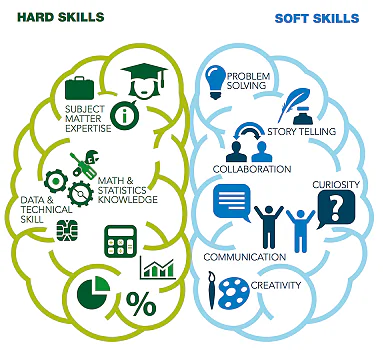
Essential technical skills and soft skills include:
Technical Skills
- Programming skills
- Python
- R
- SQL
- Visualization tools
- Data manipulation/ wrangling
Soft Skills
- Communication skills
- Presentation skills
- Collaboration skills
- Organization and time management skills
Tools to Know
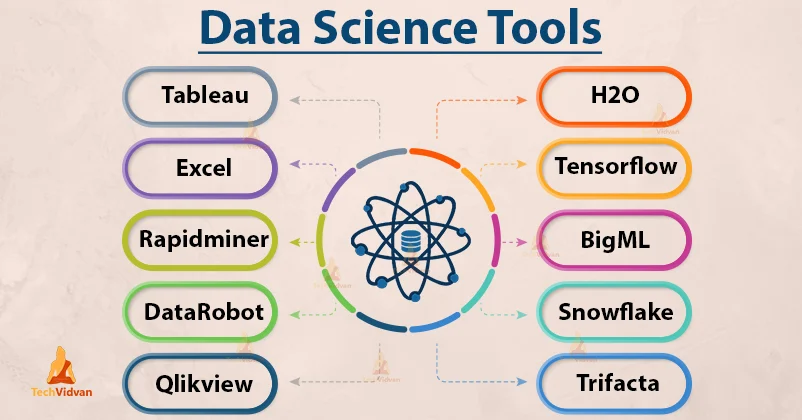
Popular tools used in the data science industry include:
- Python and R libraries
- KNIME
- RapidMiner
- Google Charts
- Tableau
- Excel
FAQs About Coding in Data Science
Here are some frequently asked questions about coding in data science and how much you need to know to get into the industry.
Should I Pursue Data Science if I Don’t Enjoy Coding?
It’s still possible to get into the data scientist field if you don’t enjoy coding, especially if you focus on roles that are heavy on visualization or management. You can also work as a business strategist on a data science team and help drive the direction the team works in the insights they work to uncover.
However, it should also be said that certain roles and areas of data science are not viable if you don’t intend to study programming. Some data scientists work with AI and machine learning to write complex predictive models that other data scientists and analysts will then use.
Can a Non-Programmer Become a Data Scientist?
A non-programmer can become a data scientist by making use of low-code tools. Whether a company is happy to hire a data scientist using these tools depends on their own goals and purposes in hiring, so it’s just about finding the right company for you.
Progressing in your career often means upskilling, and there may be a limit to how far you can progress as a data scientist if you continue down the no-code route. On the other hand, it’s hard to say how the industry will evolve over the coming years.
Does a Data Science Interview Require Coding?
Some companies will demand data science skills in programming and will include a coding section in an interview. For a company willing to hire a no-code data scientist, this would likely not be a part of the interview process.
You will be able to see from the job description and from researching the company what kind of expectations they have and whether you’ll need to prepare for coding-related questions in the interview.
Is Basic Python Enough for Data Science?
Basic Python skills can help you across all stages of the data science process, from extracting and transforming data to running machine learning programs and visualizing the result. If you can do all of these things in Python, you could easily be ready for a junior data science role.
Since you’ve already learned the basics, you can continue to study and progress while you work and grow as a working data scientist.
Since you’re here…Are you interested in this career track? Investigate with our free guide to what a data professional actually does. When you’re ready to build a CV that will make hiring managers melt, join our Data Science Bootcamp which will help you land a job or your tuition back!




